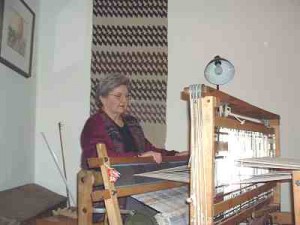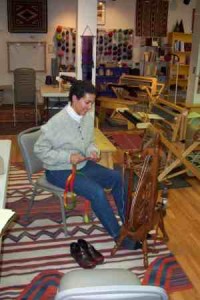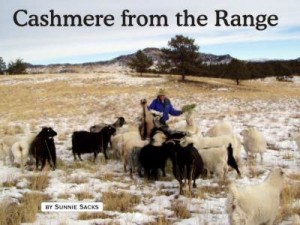Essay by John Mattingly
Technology – March 2005 – Colorado Central Magazine
Ed Quillen’s Letter From the Editors (Colorado Central, January) brought to mind my own family tree of computers, starting with the 512K Mac box I proudly brought home in 1984, and still have, high on a closet shelf in the office. From that first small box, the genealogy went to Lisa, Performa, Mac II, iMac, and X.
Except now for X, each of these computers is like a disabled family member, resting in an assisted living facility. I can’t bury them. They are too much a part of my life. I depended on them. We shared memorable times. They remain storehouses of data in a unique format, like a family scrapbook. It might be said that they carry some of my ethereal DNA.
They feel like an extension of my brain, as they enabled gray matter to get outside its global bone by way of eye-to-screen contact. They enabled parts of my consciousness to assume a silicon based form and move freely in space. It’s no wonder they seem like a very special silicon relative.
Several significant realizations about the personal quality of computers have come from interactions with my brother, Dave, who is a recognized commercial artist near New York City. I introduced him to computers back in about 1986 (when I had a 512 Mac with a hyperdrive and consequently thought I had the world by the tail with a downhill pull), when Dave was still doing all his book cover illustrations and other work with paint and paper.
He took my Mac for a test drive, using MacPaint, and several years later had converted almost exclusively to computer graphics. He updated to the best and fastest hardware regularly, and each update required an adjustment period, during which it was evident that the change of computers was also a change in his psyche, registered in increments of frustration over inconsistent compatibilities and elation over greater capacities.
During a visit with Dave several years ago, I needed to use a computer. He offered his wife’s, and I used it for some word processing.
When she found out I had been in her computer, she had a fit, got mad at both of us, saying, “I feel like you just ransacked my underwear drawer.” I realized that I might feel the same way if somebody was keying around in my computer without a leash.
The personal, intimate nature of computers is born out by the fact that whenever my current, favorite computer breaks down, I feel as though it has let me down. It has deprived me of access to large regions of my brain which I willingly transferred either for manipulation or safe storage. When that access is severed, it isn’t just business, it’s personal.
Assigning personal, human qualities attributed to computers is common. In my farming business, I routinely get bills from suppliers and vendors that are inaccurate.
When I call to report and sort these errors, I am almost always told, “The computer made a mistake,” as if the computer is a being, an entity, a person capable of acting on his or her own, making mistakes that other persons have absolutely no control over.
The tone of voice used by the person reporting the computer error to me suggests that the computer is a brilliant but occasionally capricious supervisor, a person essential to the operation of the business, but whose actions are not always understood.
Also, I recently learned that my new swather has not one, but three, different computers on board. We had a problem last summer with the machine while it was still under warranty, and after a diagnosis of the problem, a computer programmer was sent to the field. Several hours later he reported that the problem was this: “The computers weren’t talking to each other.”
Hmm. This is a species of anthropomorphizing, or maybe I should say, anthrocomputerization. I asked the swather tech if he could teach me how to talk to the computers, so if they broke down again, I could tell them what to do. He laughed, but the next time I called a supplier to report a billing error and was told, “The computer made a mistake,” I replied, “Can I please speak to the computer?”
John Mattingly
Greater Moffat



